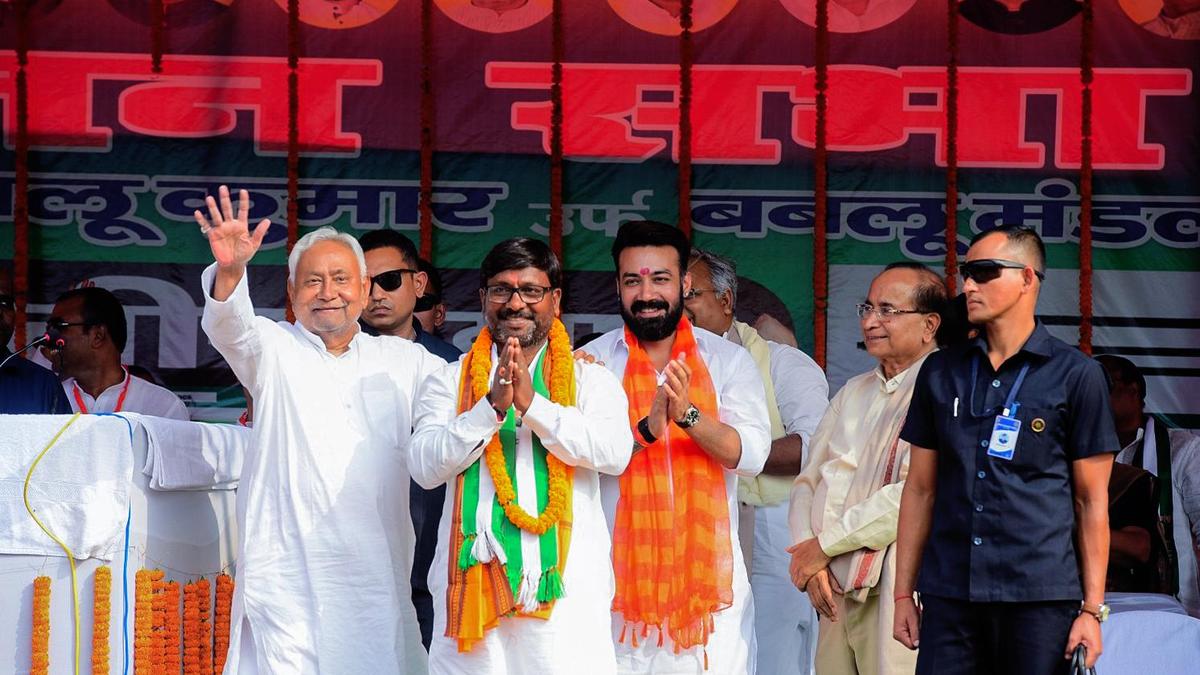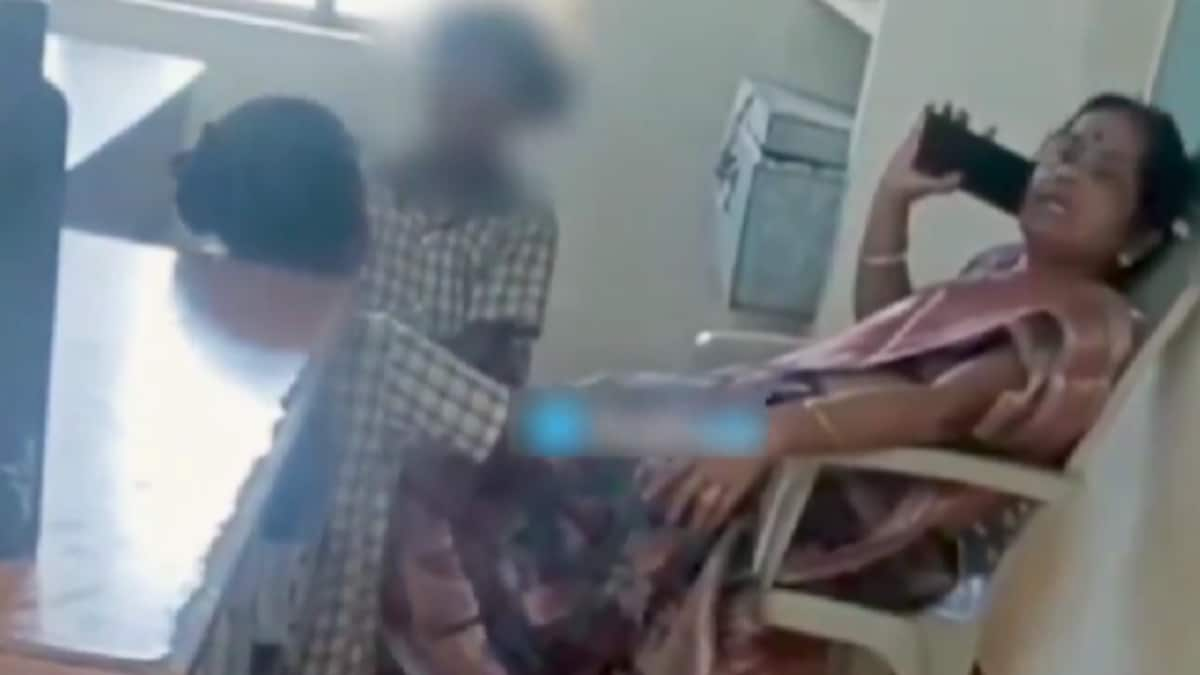Tamil Nadu ruling party Dravida Munnetra Kazhagam’s (DMK) organising secretary R.S. Bharathi moved the Supreme Court on Monday (November 3, 2025) against the second phase of Special Intensive Revision (SIR) exercise announced by the Election Commission of India in 12 States and Union Territories, saying the process amounts to “constitutional overreach” and is a thinly-disguised, de facto National Register of Citizens (NRC).
“By imposing citizenship-like burdens of proof on electors, the SIR appears to be acting beyond its statutory purpose, effectively functioning as a de facto National Register of Citizens (NRC). If the SIR order of October 27 is not set aside, the exercise can arbitrarily and without due process, disenfranchise lakhs of voters from electing their representatives, thereby disrupting free and fair elections and democracy in the country, which are part of the basic structure of the Constitution,” Mr. Bharathi submitted in a petition represented through senior advocates NR Elango, Amit Anand Tiwari and advocate Saushriya Havelia.

The petition, the first challenge in the apex court against the second phase of the SIR commenced from October 28, highlighted the lack of due process as well as the unreasonably short timeline for the SIR of the electoral roll in Tamil Nadu as designed to exclude voters.
“The unilateral imposition of such an unprecedented, resource‑intensive and socially disruptive process on a State, without consultation or demonstrable administrative exigency, transgresses the federal structure of the Constitution, recognised as part of its basic structure. In bypassing statutory safeguards, the State concerned has effectively been reduced to a mere implementing agency for centrally determined, unilateral processes posing a grave risk of disenfranchising large numbers of bona fide voters,” the DMK leader highlighted.
The plea, filed through advocate Vivek Singh, said a Special Summary Revision had already been conducted in Tamil Nadu between October 2024 to January 6, 2025. This exercise had addressed issues such as migration, death and deletion of ineligible voters. The existing electoral roll in Tamil Nadu had been updated and published on January 6, 2025 and continuously updated since then.
Referring to how the Bihar SIR had excluded registered electors en masse and introduced new and stringent requirement for voters to provide proof of citizenship, particularly for those not registered in the 2003 electoral roll, Mr. Bharathi said the EC, through its SIR, was seeking to supplant the existing statutory framework which already governs the preparation and revision of electoral rolls.
“The manner in which the SIR has been directed to be conducted is found neither in Representation of the People Act (ROPA), 1950 or in the Registration of Electors Rules, 1960
Additionally, Section 28(3) of ROPA requires all Rules to be notified in the Official Gazette and laid before Parliament. No such notification has been issued for the SIR and the same has not been laid before the Parliament. Therefore, the SIR is without the force of law and lacks statutory basis,” the petition argued.
It noted that the orders even allow Electoral Registration Officers to refer cases of ‘suspected foreign nationals’ to the competent authority under the Citizenship Act, 1955, without due process. “The question whether a person is a foreigner is a question of fact and has to be determined by the Union government under the Citizenship Act, 1955,” the petition said.
Mr. Bharathi submitted that neither ROPA nor the 1960 Rules mention any “enumeration forms” in revision of electoral rolls. Besides, commonly available documents such as ration cards, PAN Cards, and EPIC have been excluded in the SIR.
The petition, which is the first to challenge the second phase of the SIR, said the exercise’s rigid and arbitrary document requirements fail to accommodate the realities of disadvantaged communities who face chronic under-documentation.
“They disproportionately burden the youth, migrants, women, economically weaker sections and
marginalised communities, who are least likely to be able to furnish such records within the unreasonably truncated timeline prescribed. This inequity is further aggravated by the arbitrary exclusion of widely accepted government issued identity documents,” it noted.

 1 day ago
5
1 day ago
5









 English (US) ·
English (US) ·